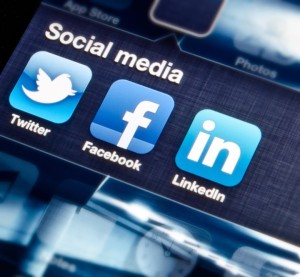The Negative Side of Activity Trackers with Eating Disorders
The Negative Side of Activity Trackers with Eating Disorders
Do you use an app or tracking device to track all your activity throughout the day? If you’ve been using such a device you may think twice before using it again. Learn how tracking devices can be more harmful than useful.

“If Carrie Arnold had gotten her hands on an activity tracker 10 years ago, it could have been “a complete disaster.” At the time, the freelance science writer in Richmond, Virginia, was struggling with an eating disorder – so fixated on counting calories in and out that she could think about little else all day. A device to help her do that? “It would be a dream and a nightmare all wrapped up in one,” says Arnold, author of “Decoding Anorexia: How Breakthroughs in Science Offer Hope for Eating Disorders,” who’s been in recovery for about three years.
Laura Porter, a student at George Washington University, feels the same way. A few years out of treatment for bulimia, Porter now spends considerable effort avoiding numbers, including her weight, food calories and calories expended during exercise, in order to stay focused on what really matters: her overall physical and emotional health. “It feels so freeing to not have to rely on calories, but it’s a constant battle because they’re everywhere,” says Porter, president of GW’s chapter of Students Promoting Eating Disorder Awareness & Knowledge, known as SPEAK GW.
Arnold and Porter are among those who don’t benefit from – or worse, may be harmed by – the technological race to quantify every dimension of our health and fitness, says Mary Pritchard a psychology professor at Boise State University who studies disordered eating and exercise behaviors.
“[For] anyone who has any existing eating disorder or excessive exercise tendencies, using a fitness tracker is a very bad idea because it just makes them even more obsessive and compulsive about the fact that they’re not meeting their unrealistic goals,” she says.” To read the entire article click here.
ABC Nutrition Services specialize in eating disorders, such as binge eating, overeating, and much more. To learn more about our services contact ABC Nutrition Services at 775-329-0505 or visit ABCNutritionServices.com.


Sorry, comments are closed for this post.